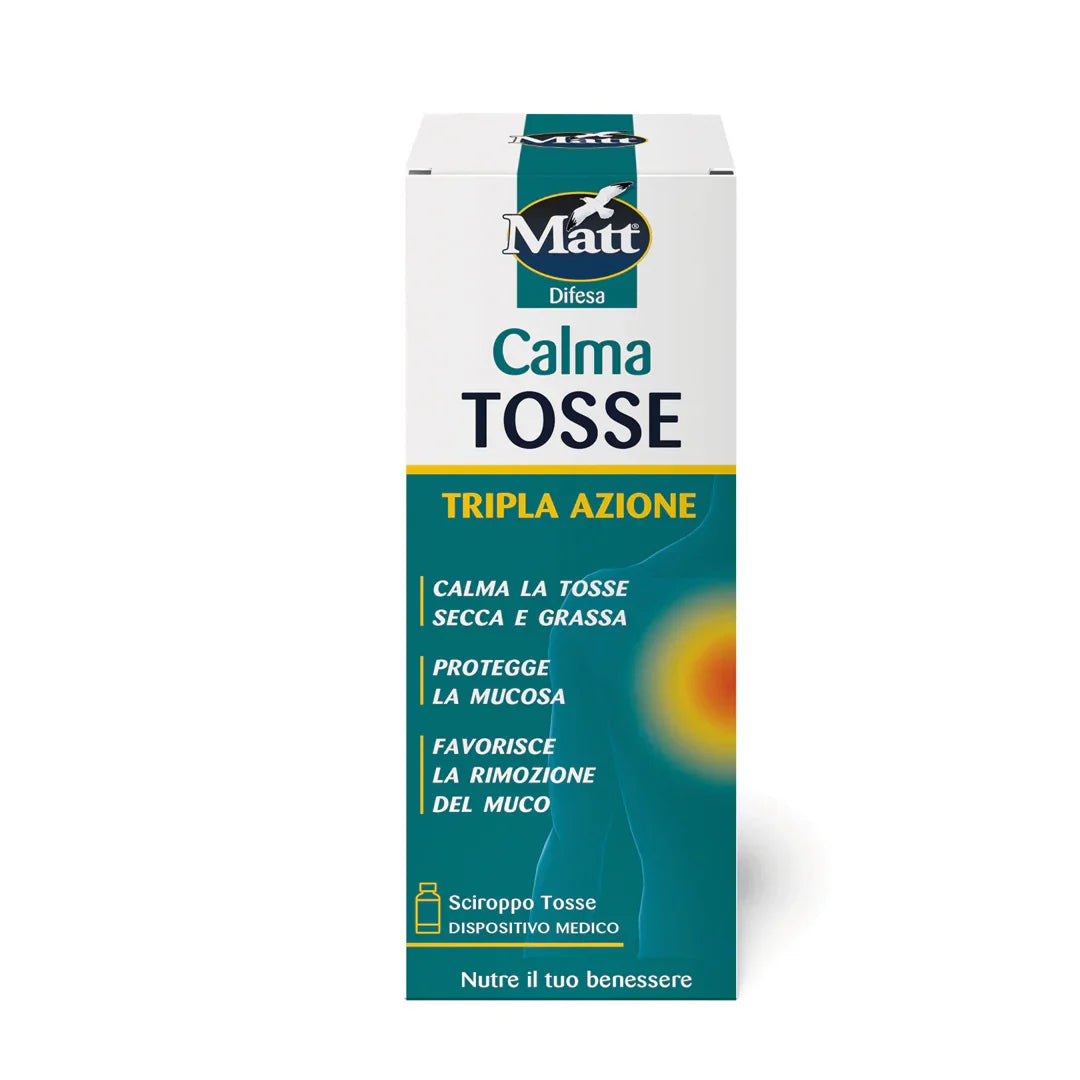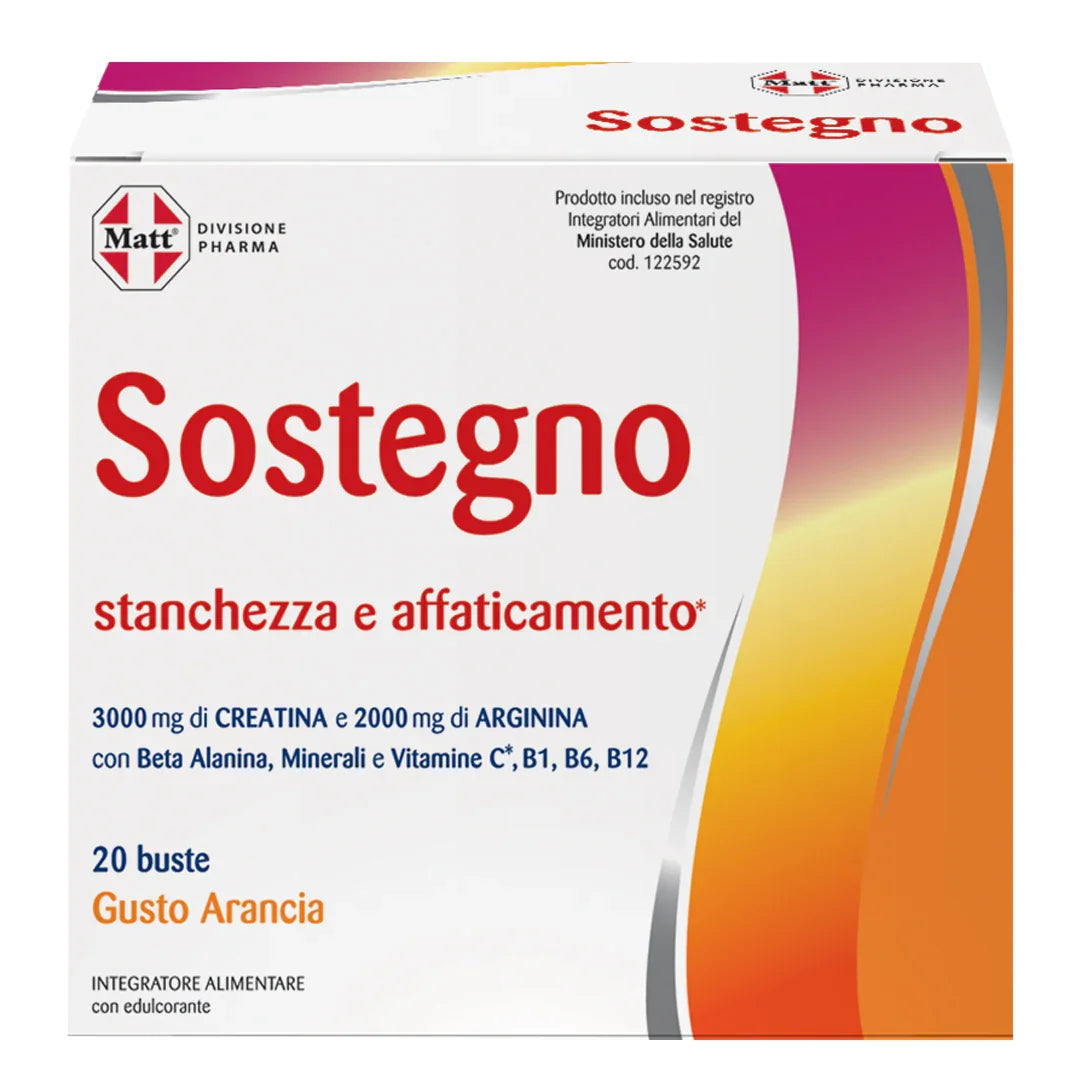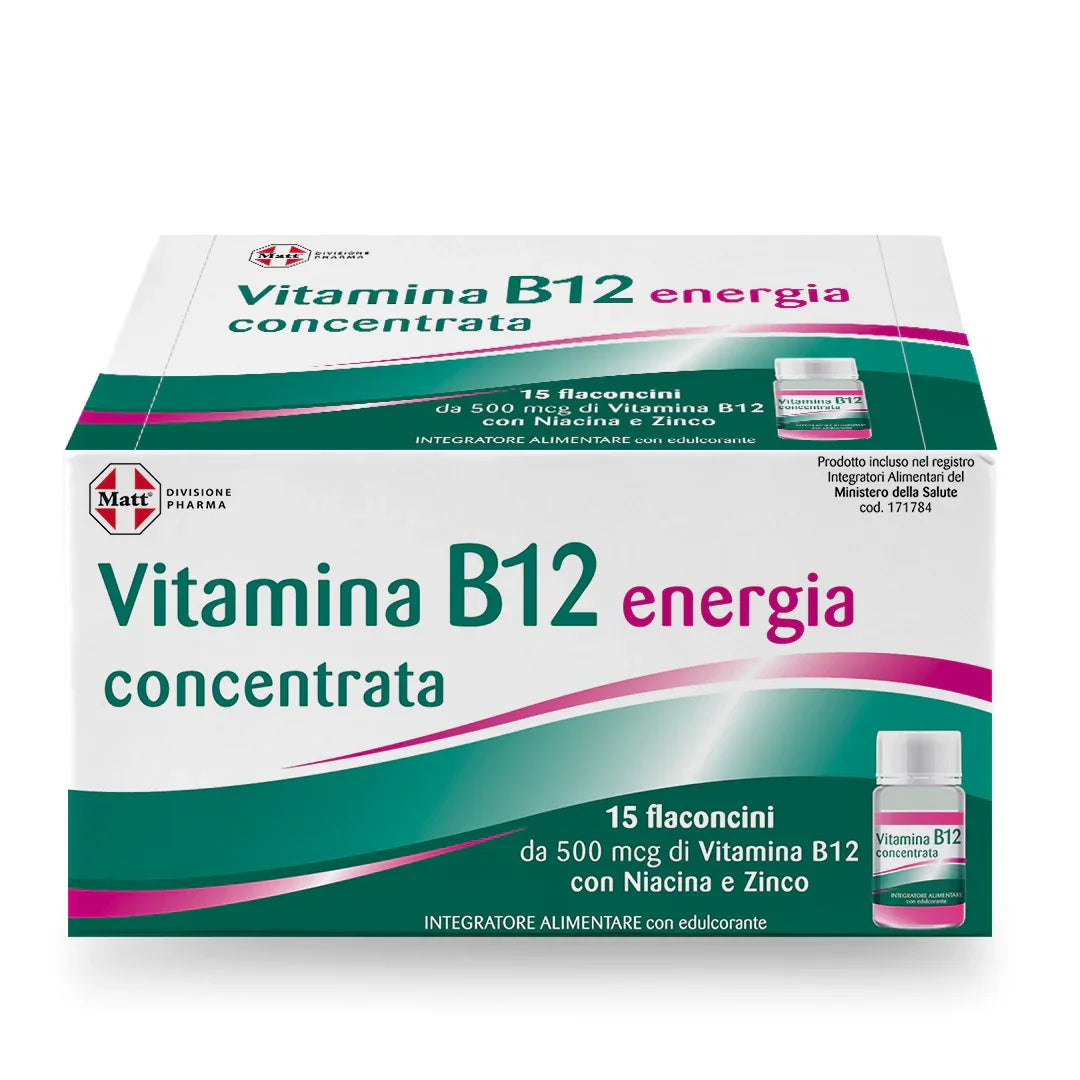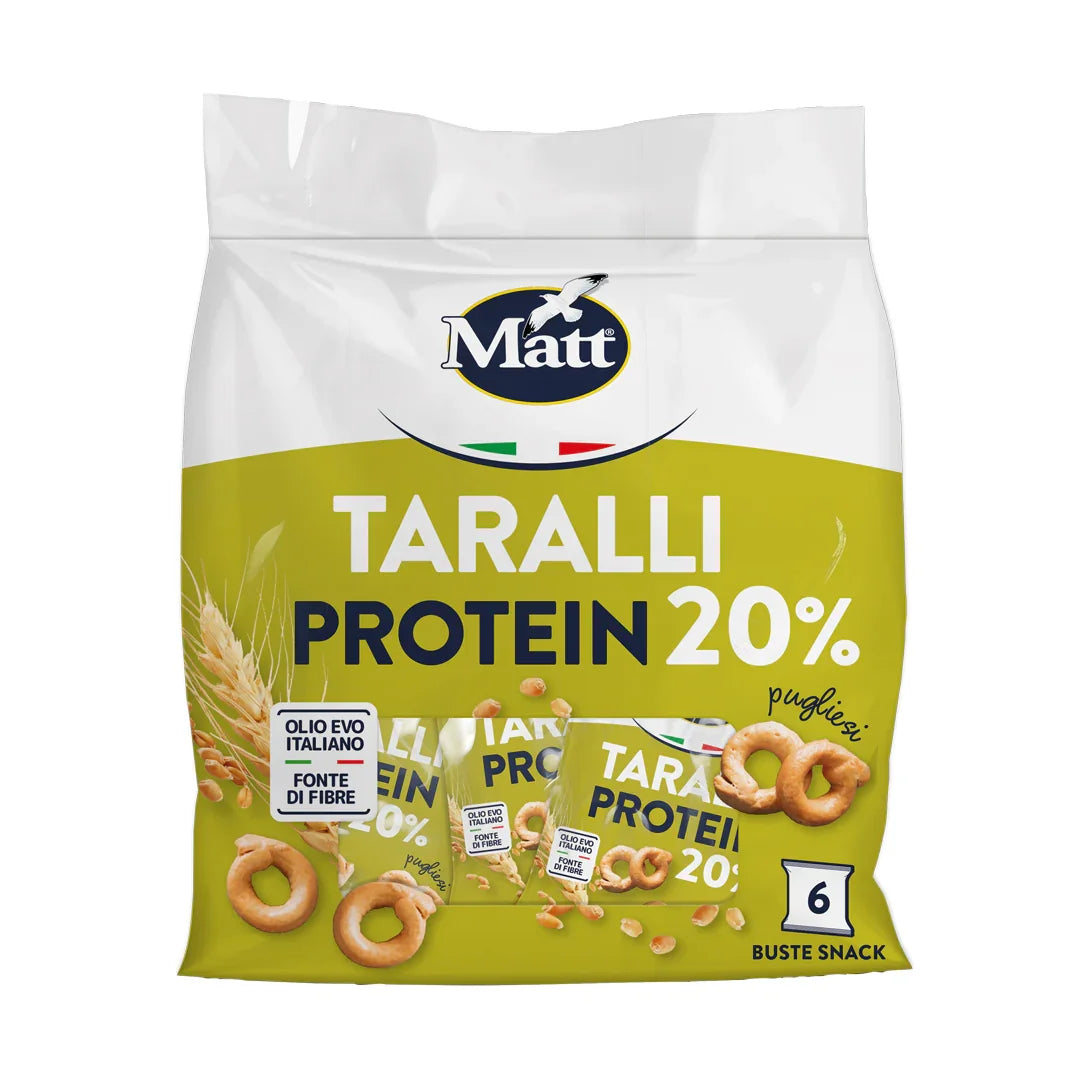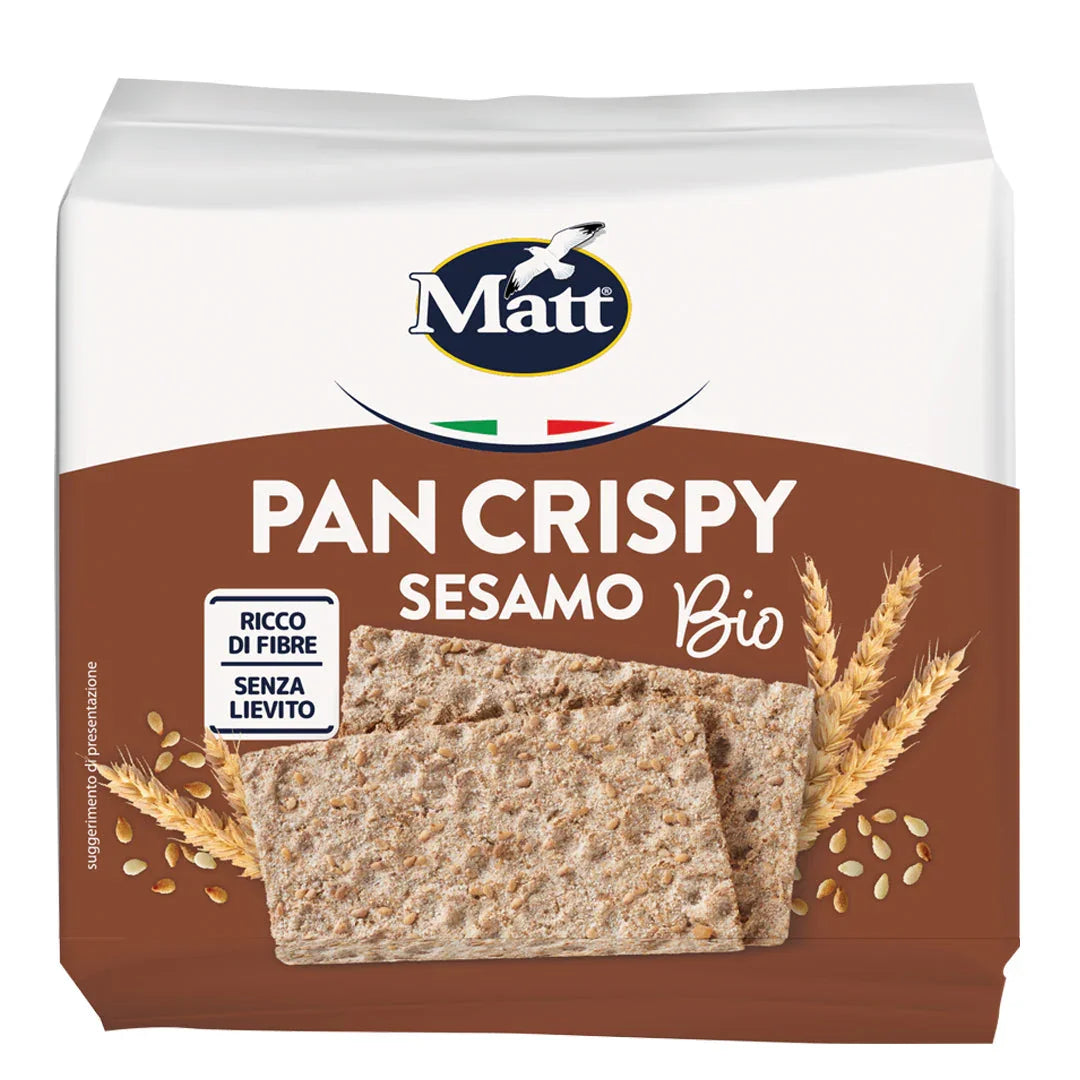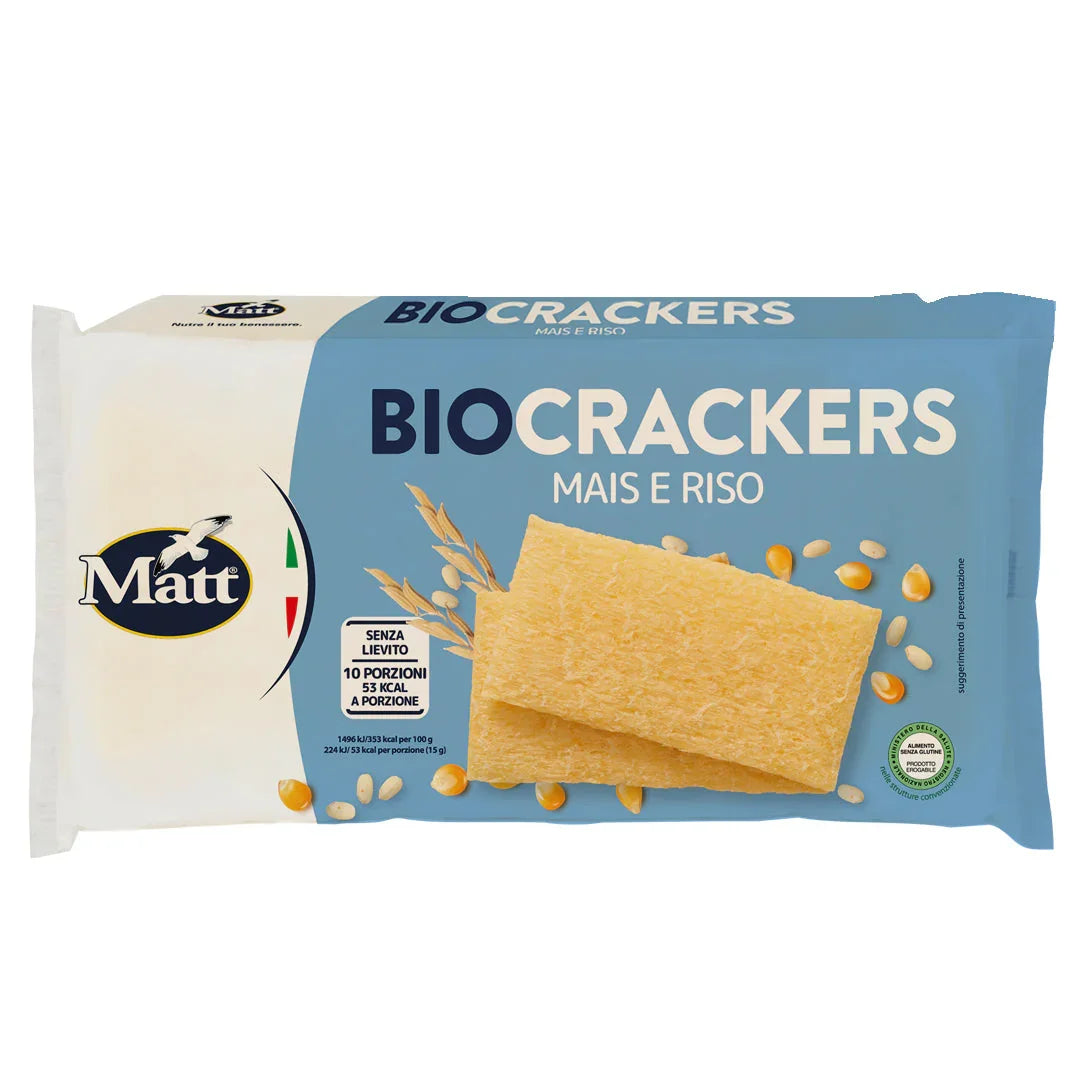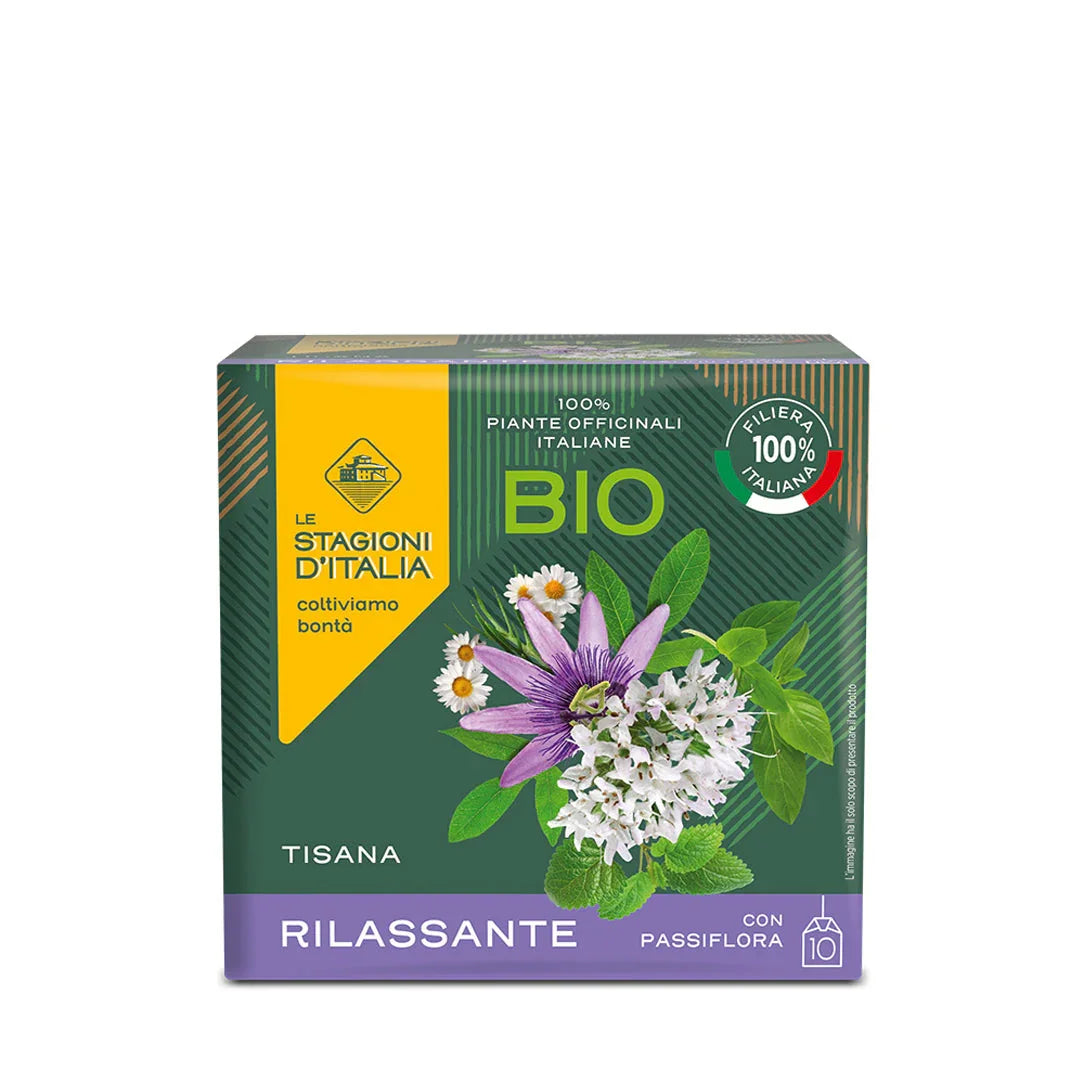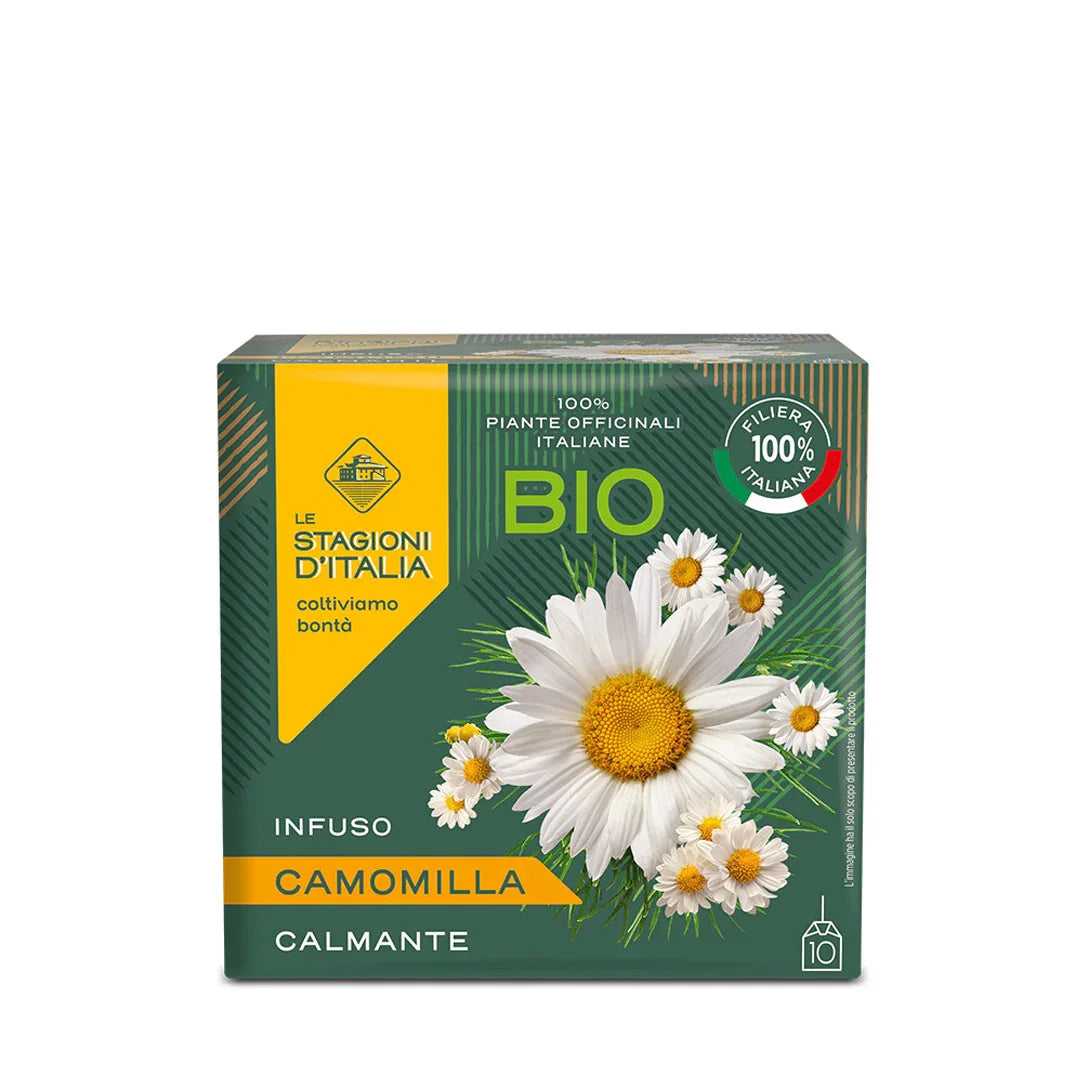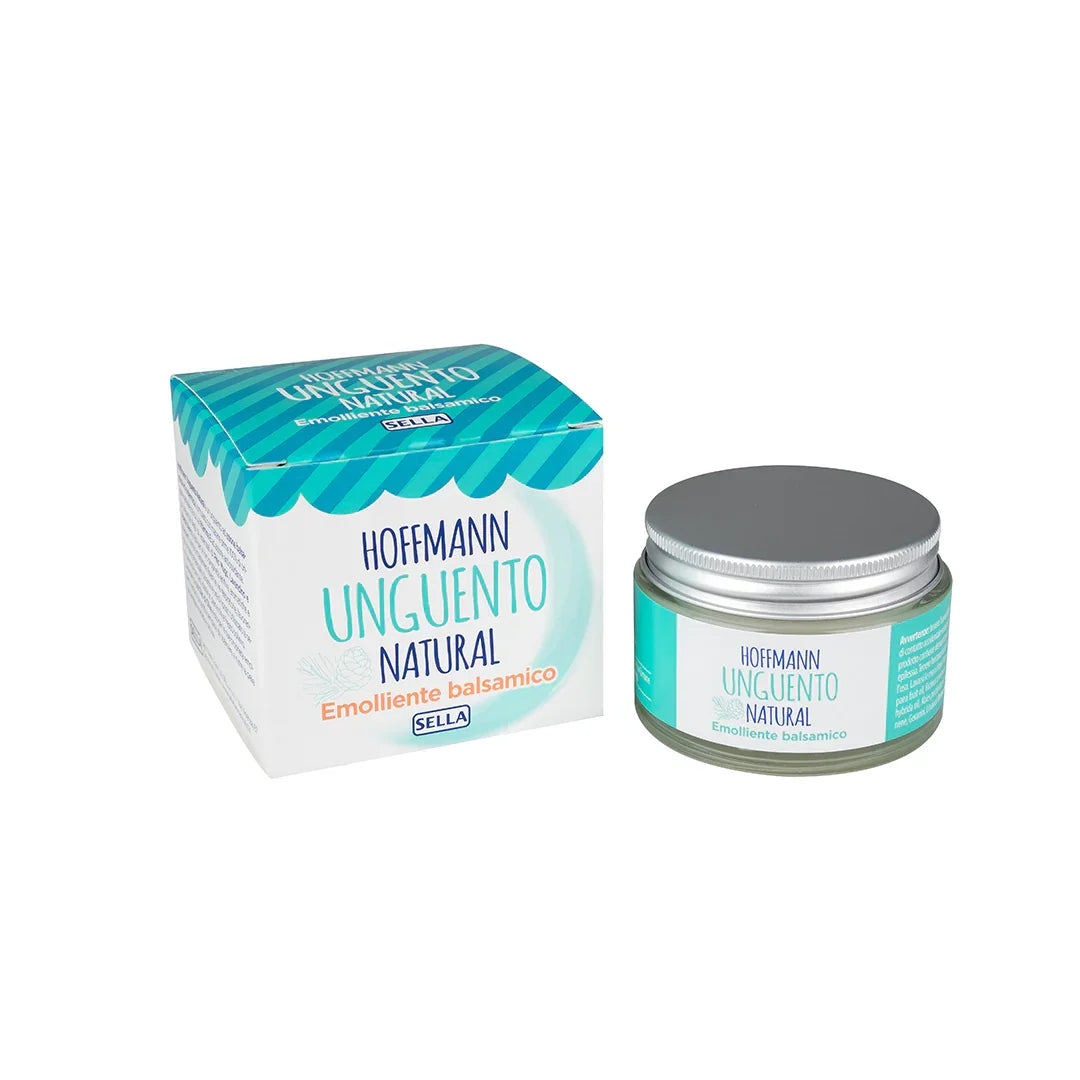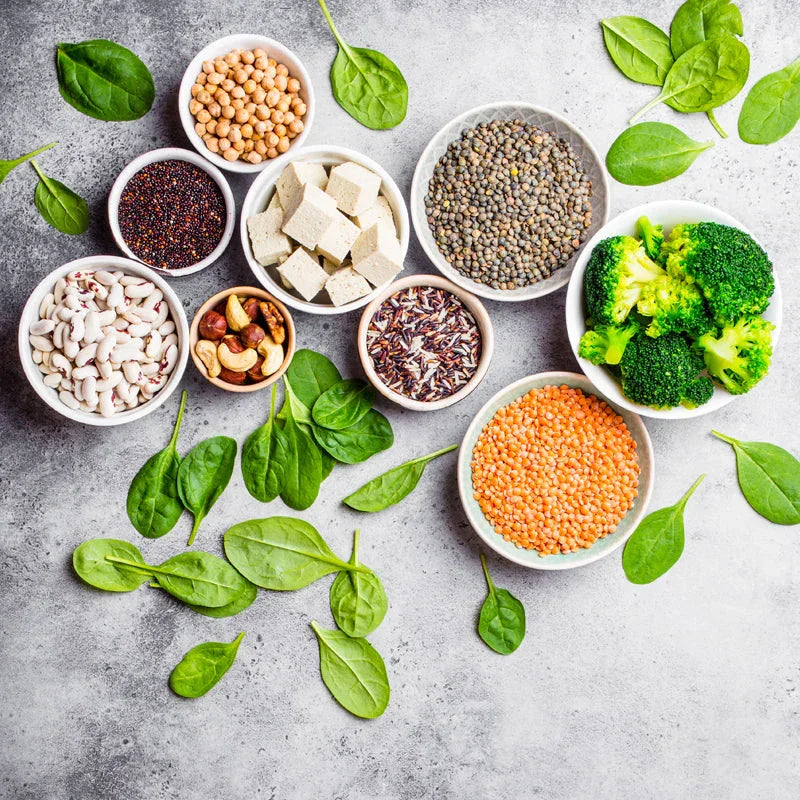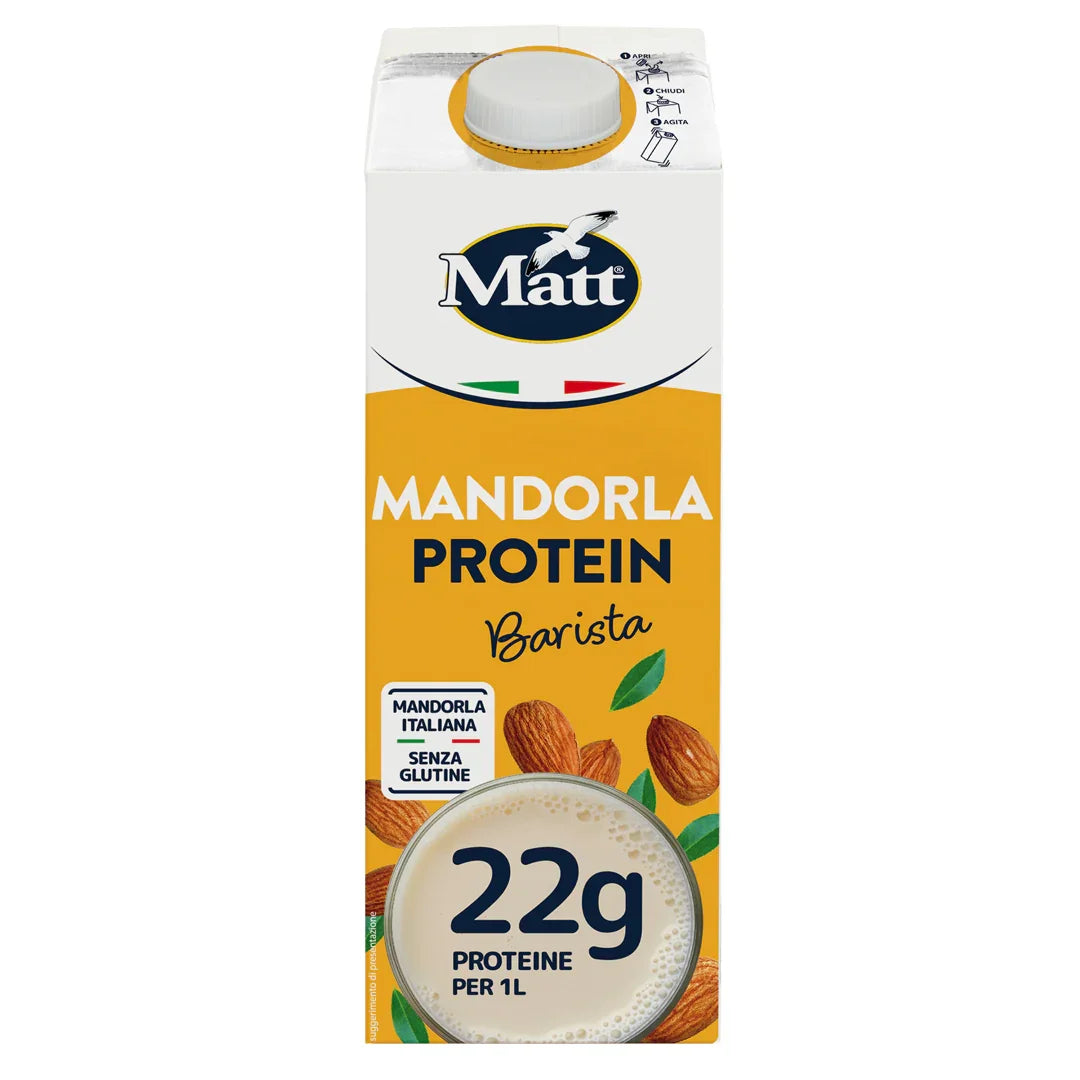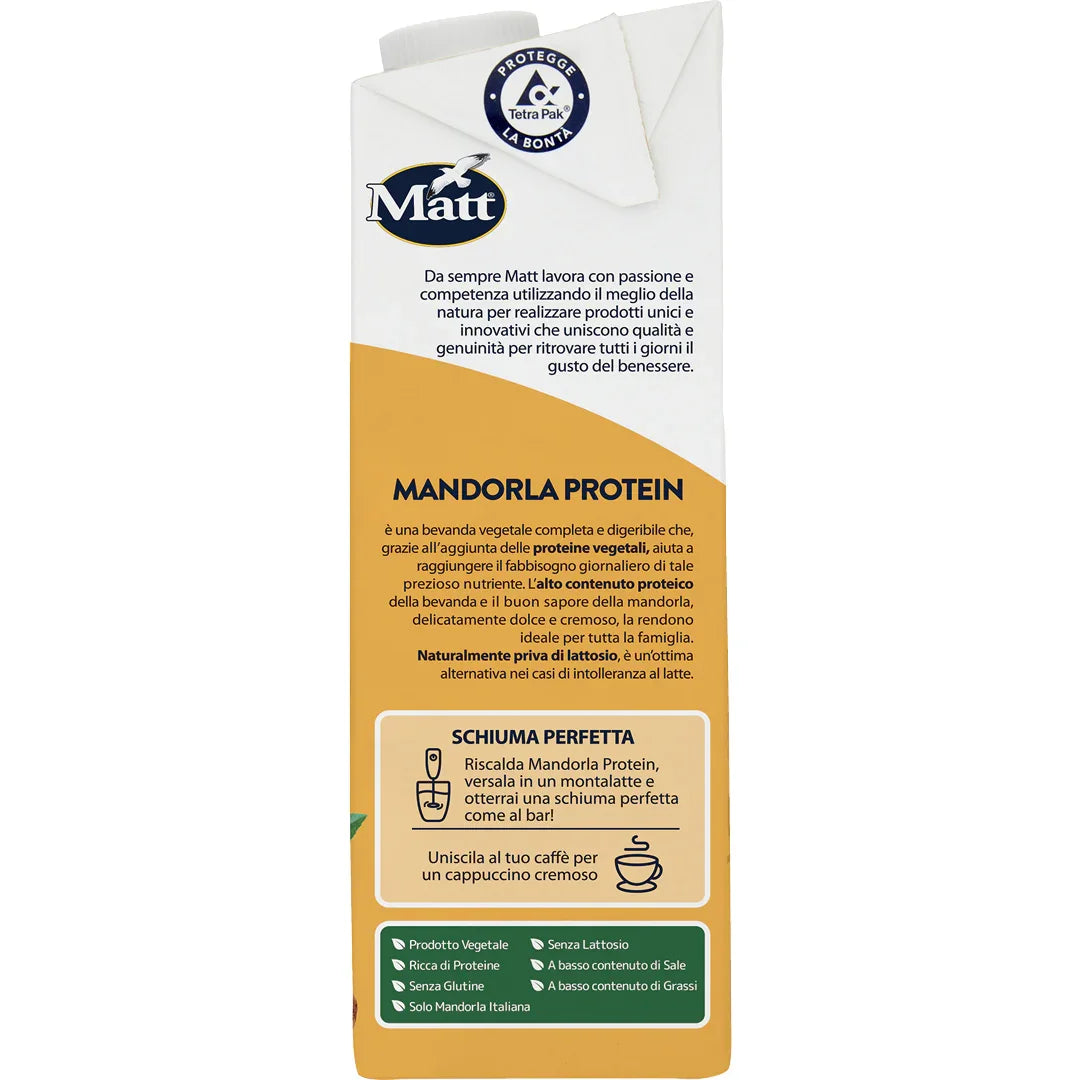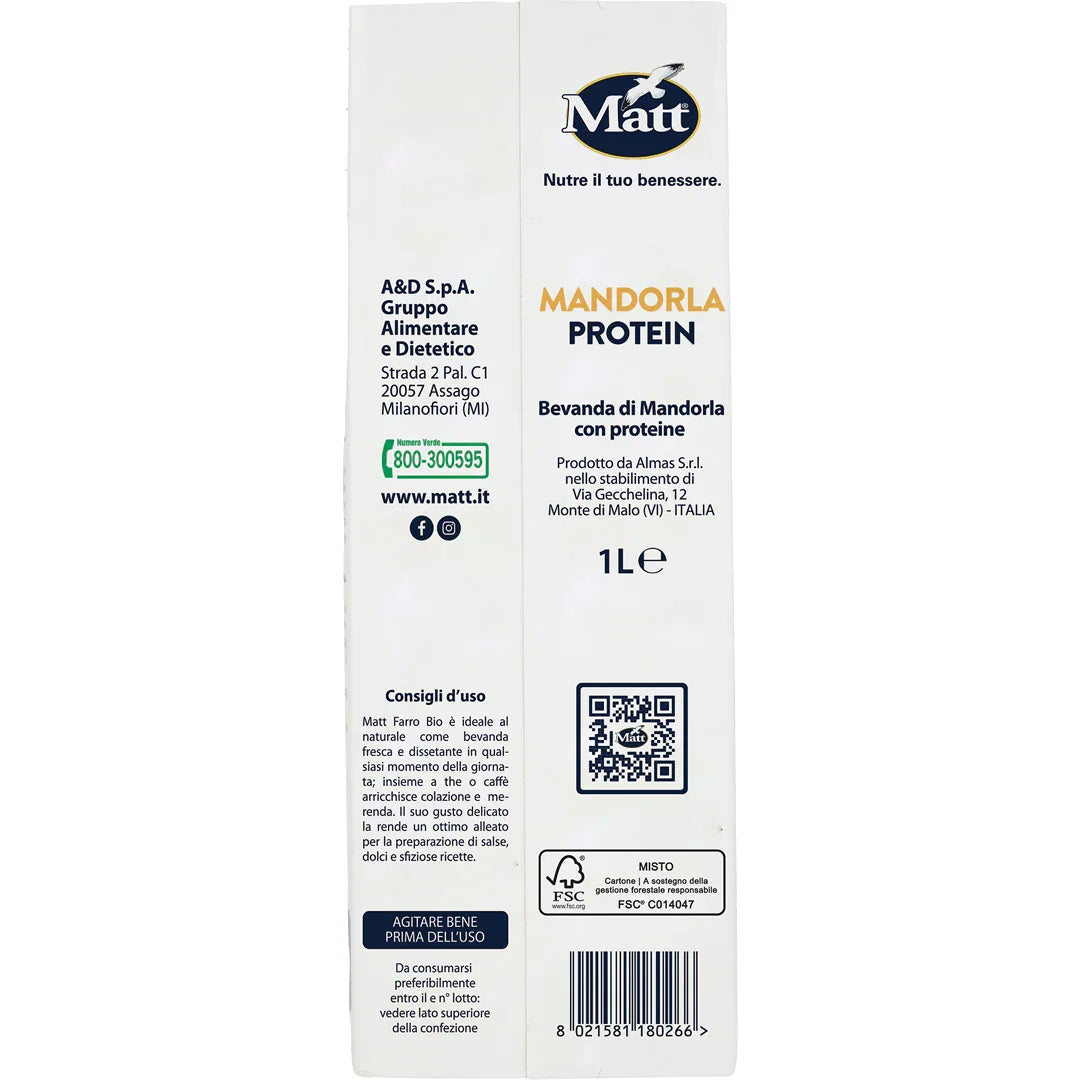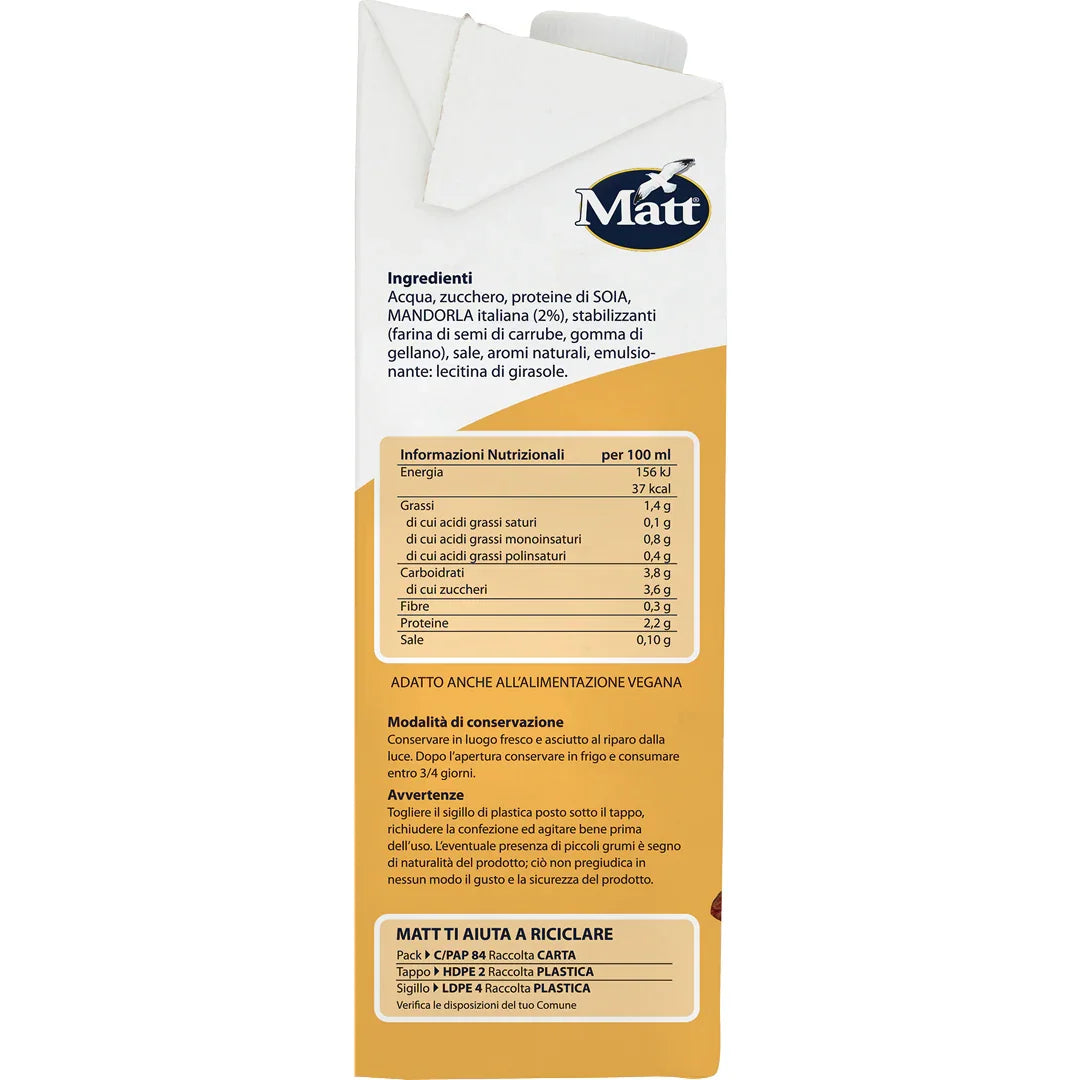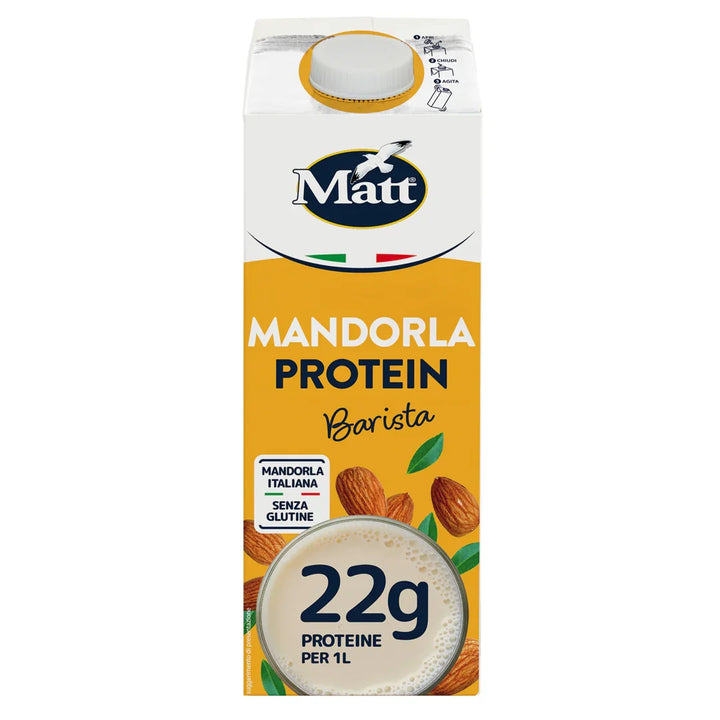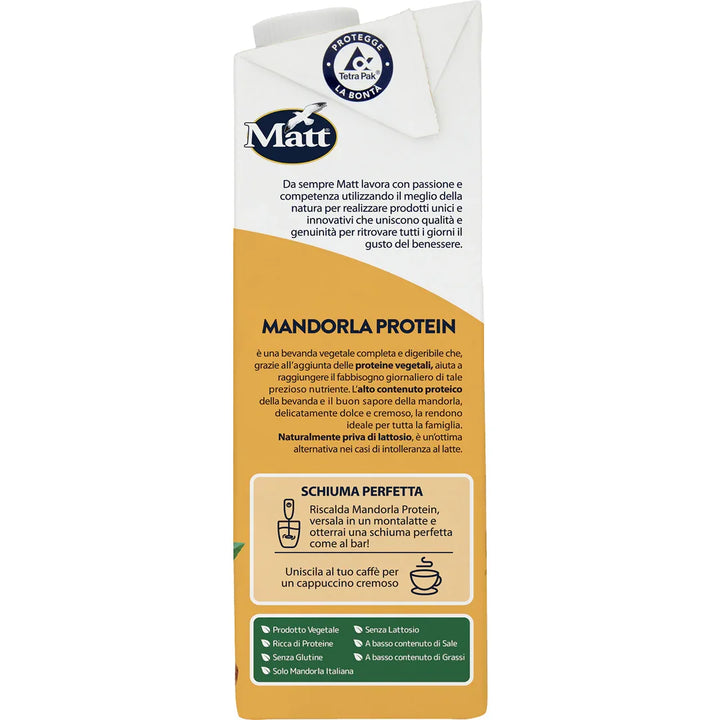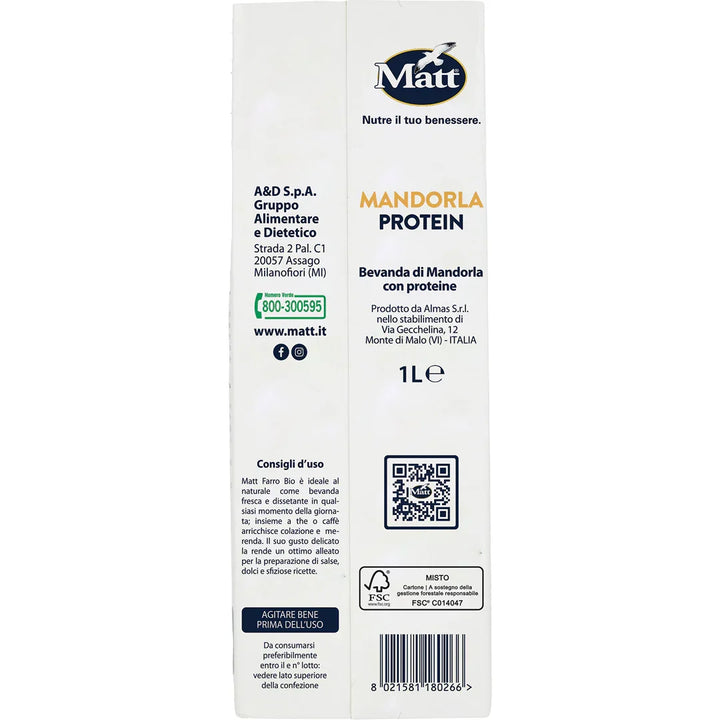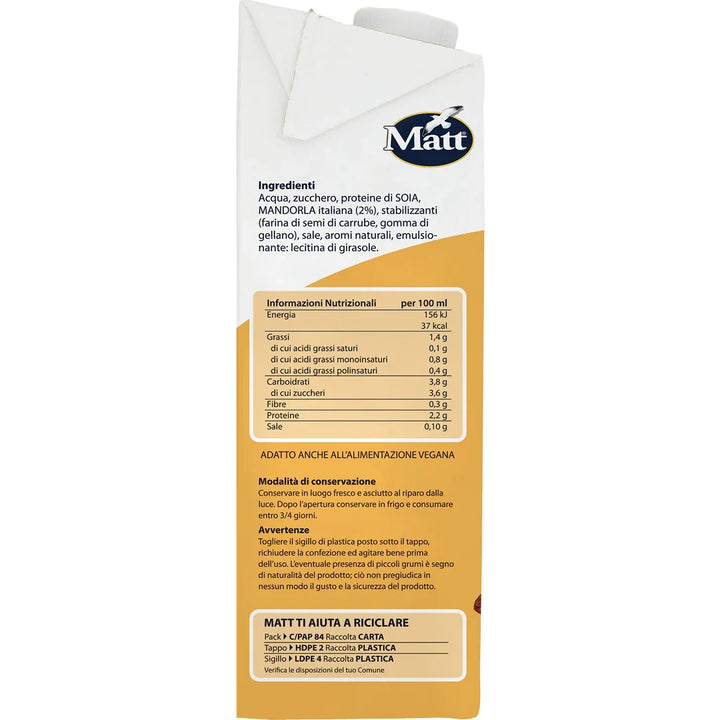Protein is essential for health and plays a key role in the growth and maintenance of muscle mass. Animal proteins have traditionally been considered the main source, although more and more people are now discovering the benefits of plant-based proteins.
Plant Proteins: What Are They?
Proteins are made up of chains of amino acids. The main difference between animal and plant proteins is the amount of essential amino acids they contain. Plant proteins do not contain all the essential amino acids that humans need. To overcome this problem, however, it is sufficient to combine different plant protein sources.
Plant proteins are found in various plant-based foods, which are often rich in fiber, vitamins, and minerals.
Plant-Based Protein Sources
Legumes : Legumes such as chickpeas, lentils, beans and peas are rich in protein. They are versatile and can be used in many preparations, from soups to vegan burgers.
Nuts : Almonds, walnuts, hazelnuts and cashews contain protein, healthy fats and fibre.
Soy : Soy products, such as tofu and tempeh, are excellent sources of protein and are often used in vegan cooking.
Whole Grains : Quinoa, spelt, barley and oats are grains that contain significant amounts of protein.
Seeds : Chia seeds, flax seeds, hemp seeds, and sunflower seeds are rich in protein and omega-3 fatty acids.
Benefits of Plant Proteins
Plant-based proteins offer a number of health benefits:
Nutritional Balance : Plant proteins are often accompanied by fiber, vitamins and minerals, contributing to a balanced diet.
Low Saturated Fat : Many plant-based protein sources are low in saturated fat, which may contribute to better heart health.
Less Environmental Impact : Plant protein production tends to have a lower environmental impact than animal protein production.
Suitable for Various Diets : Plant-based proteins are suitable for vegetarian and vegan diets, allowing a wide variety of people to reap their benefits.
Role of Plant Proteins in the Diet
Plant-based proteins are an essential component of a balanced diet. Incorporating them into your daily diet can help you meet your body's protein needs in a healthy and sustainable way. You can replace some animal protein sources with plant-based sources to diversify your diet and benefit from a variety of valuable nutrients.



